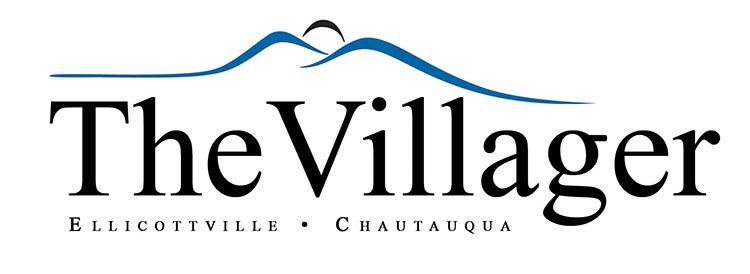ELLICOTTVILLE, NY
The landscape for short-term rentals (STRs) in the Town of Ellicottville has undergone a significant transformation with the adoption of Local Law 1-2025. Passed on February 19, 2025, and effective approximately March 21, 2025 (30 days after its filing with the New York Secretary of State), the new regulations aim to balance the economic benefits of tourism with the quality of life for permanent residents and neighborhood character.
The move to regulate STRs, commonly listed on platforms like Airbnb and VRBO, follows extensive community discussion. A public hearing held in late 2024 saw over 130 residents voice a wide spectrum of opinions, highlighting both the opportunities STRs present and the challenges they can pose. Concerns previously raised in the community, and echoed in discussions in neighboring areas, have often centered on noise, parking congestion, trash accumulation, and the impact on long-term housing availability and neighborhood feel. This new law seeks to address these issues head-on through a comprehensive permitting and enforcement system.
Permit Now Required for All Short-Term Rentals
Under Local Law 1-2025, anyone operating a rental within the Town of Ellicottville for fewer than 30 consecutive days must now obtain an annual Short-Term Rental Permit from the Town. This is a critical change, and property owners currently operating STRs are on a tight deadline: they have 90 days from the law’s effective date (roughly until June 19, 2025) to apply for and secure a permit to continue operating legally.
Key requirements for obtaining and maintaining an STR permit, as outlined in the law and detailed in application materials available on the Town’s website (ellicottvillegov.com/planning–zoning-documents.html), include:
Detailed Application: Submission of owner and operator contact information, proof of ownership, a site plan, floor plan (indicating bedrooms, exits), and a parking plan demonstrating adequate off-street parking.
Local Contact Person: Designation of a local contact person available 24/7, capable of responding to the property within one hour to address any issues or complaints.
Safety Inspections & Equipment: The property must pass an initial safety inspection by the Building Official, with annual inspections for renewal. This includes functioning smoke detectors (in each sleeping area and outside each separate sleeping area), carbon monoxide detectors (near sleeping areas and in rooms with fuel-burning appliances), and fire extinguishers. Egress routes must be clear.
Insurance: Proof of liability insurance with a minimum coverage of $1,000,000.
Occupancy Limits: Adherence to maximum occupancy limits, often determined by factors like septic capacity and the number of bedrooms. Daytime occupancy is also limited (typically no more than twice the number of overnight occupants).
Operational Standards: Strict adherence to noise ordinances, proper trash and recycling disposal procedures, and ensuring the STR permit number is displayed on all advertisements.
Fees: Payment of an annual permit fee, which, according to Village information (often mirroring Town approaches), can range from $75 for a studio to $200 for a four-plus bedroom unit. Town-specific fees will be confirmed upon application.
Density Caps and Management Software
A significant component of the new law is the introduction of density caps in residential zones (R-1, R-2, R-3), limiting STR permits to no more than 15% of total lots on any given block. This cap will significantly impact STR-dense areas like Wildflower by preventing an overconcentration of rentals in these neighborhoods.
To manage the complexities of this new system, including permit tracking, compliance monitoring, and complaint management, the Town of Ellicottville will be utilizing Granicus, a specialized government software solution. The Town Board approved funding for Granicus Host Compliance services, as documented in the April 16, 2025, Town Board meeting agenda, signaling a commitment to robust oversight. Granicus software is designed to help municipalities identify STR properties, streamline permitting, and manage enforcement efforts, including a potential 24/7 complaint hotline service.
Enforcement and Community Awareness
The Town’s Code Enforcement Officer is tasked with enforcing these new regulations. Non-compliance can result in significant penalties, including fines (e.g., operating without a license can lead to warnings and then fines potentially around $1,000 per instance; over-occupancy or parking violations also carry hefty fines) and the potential suspension or revocation of the STR permit. The Town’s complaint form, available online, allows residents to report alleged violations, indicating that community vigilance will also play a role in ensuring compliance.
This new law marks a pivotal moment for Ellicottville, aiming to ensure that the benefits of a thriving visitor economy are harmonized with the needs and expectations of the local community. Property owners considering or currently operating short-term rentals are strongly urged to visit the Town of Ellicottville website or contact the Town Clerk or Code Enforcement Officer to understand the full scope of Local Law 1-2025 and begin the permit application process immediately.
